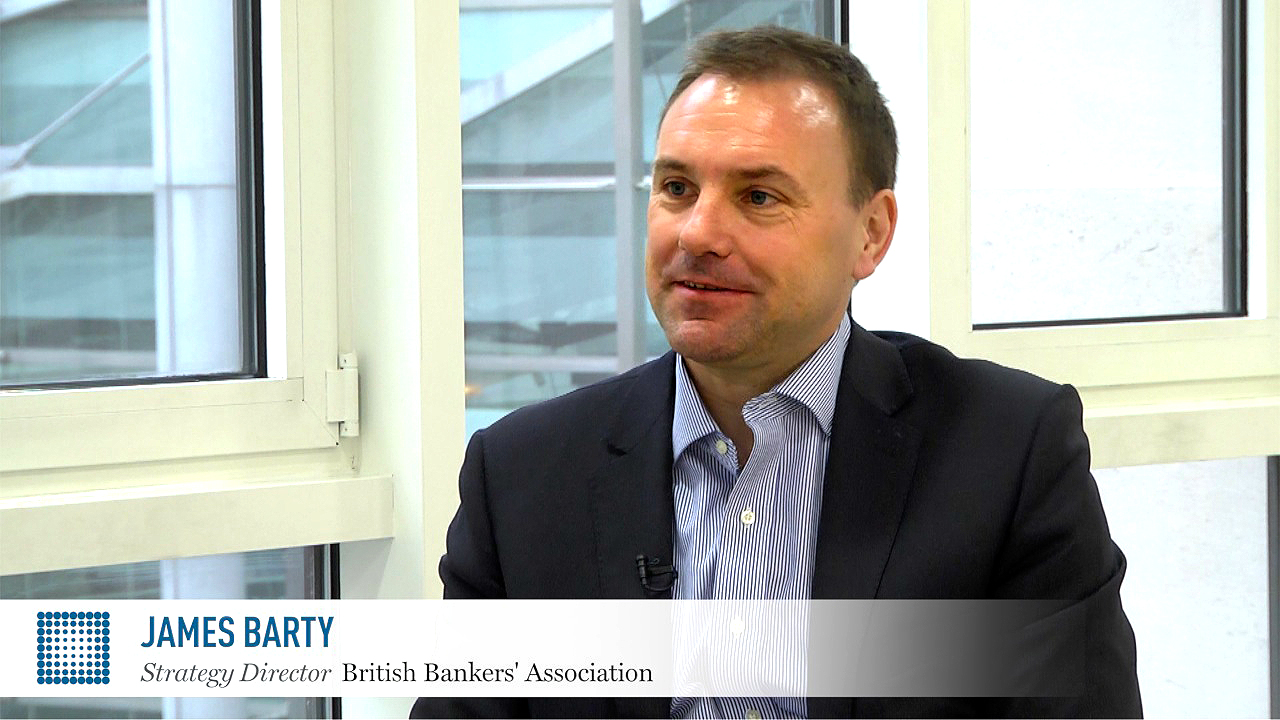Zach Witton on the health of the eurozone economy | Moody’s Analytics | Video
World Finance interviews Zach Witton from Moody's Analytics on the health of the eurozone economy
Related:
Transcript
The health of the eurozone economy is often called into question. Economist Zach Witton discusses what the European Central Bank’s latest round of assessments indicate about confidence in the eurozone banking system, what challenges lie ahead, and how a culture of secrecy is affecting banks’ willingness to lend
World Finance: Zach, we’ve taken some time to talk about the stress tests, but I also want to hear about the overall health of the eurozone economy. In particular, you say in your report, “European banks’ balance sheets lack transparency, making the banks less willing to lend to one another.” Now can you tell me, do you think this culture of secrecy in Europe differs all that much from their American counterparts?
Zach Witton: The key aspect for European banks is that we don’t know which ones hold sovereign debt, and amid the eurozone crisis, that was a major issue. And that made banks particularly reluctant to lend to each other.
A good point coming out of the ECB’s comprehensive assessment is that for the first time they’re going to be quantifying what sovereign debt the banks are holding on their books. So hopefully that will increase confidence and inter-bank lending. The European Central Bank is also for the first time going to quantify illiquid assets and hard-to-value assets, so that’s another positive for the economy.
[F]or the first time they’re going to be quantifying what sovereign debt the banks are holding on their books
World Finance: Why does this matter across the region?
Zach Witton: I think the eurozone is different from other countries such as the US, because the eurozone economy relies on credit from banks a lot more than in the US. And so if banks aren’t lending in the eurozone, it matters a lot more than if they’re not lending in the US.
Now another observation of yours is that “Total outstanding loans from banks to households equated to more than 50 percent of GDP last year; well above 19 percent in the US.” Now tell me, why does that matter?
Zach Witton: I think in the situation in Europe, households and businesses have high debt loads. They’re in a situation where they have to pay off that debt, so rather than buying goods and services in Europe, they’ll just be paying the bank. Whereas in the US, their debts aren’t as high, so they’ll be able to run out and buy consumer durable goods such as cars and the like. So the prospects in that regard are better for the US economy than the eurozone.
World Finance: The ECB report of course covers 120 of the most significant banks in the eurozone, but do you think that the balance sheets of smaller banks matter in terms of evaluating the overall health of the region?
Zach Witton: I think they’ve actually taken the right approach. They’re looking at the banks that are really systemically important. Smaller banks can fail, they do collapse, but they might be more of a one-off problem. Whereas if one of these systemically important banks fails, then basically you could have a problem with the whole economy being in peril. So I think they are correct to focus on the larger banks.
I think banks should really focus on lending as much as they can to households and businesses at the moment
World Finance: In your opinion, what is the best way for a bank to hold its assets?
Zach Witton: That’s a very good question! I’m not a banker, I’m an economist; I think banks should really focus on lending as much as they can to households and businesses at the moment, to get credit flowing through the economies. Banks will benefit from that; greater economic activity will support their profit margins. So yeah, I would encourage banks to lend as much as they can.
Regarding what assets they should hold or should not hold, I think their holdings of sovereign debt are very high at the moment. But of course the uncertainty about how the European Central Bank in the stress tests is going to treat that; I think they should be very wary of taking on additional sovereign debt, and if possible they should try and get rid of what sovereign debt they’ve got.
World Finance: And finally, what are the major challenges ahead for the ECB?
Zach Witton: The ECB has a mountain to climb. What they’re doing is unprecedented in scope and scale. Another major challenge at the moment is that if they identify a bank as needing to be recapitalised, and that bank is unable to do it from private sources such as issuing debt, there’s a big question mark about how the public funds will step in.
European officials haven’t agreed at the moment for a public backstop, and it would be a catastrophe if banks had these capital gaps that were identified, and they couldn’t be filled. So basically, European officials need to agree some mechanism before the stress test results are released in October.

 Abenomics review: can Japan’s Prime Minister reinvigorate its economy?
Abenomics review: can Japan’s Prime Minister reinvigorate its economy? Are British banks stressed out? Upcoming tests to decide | Video
Are British banks stressed out? Upcoming tests to decide | Video
